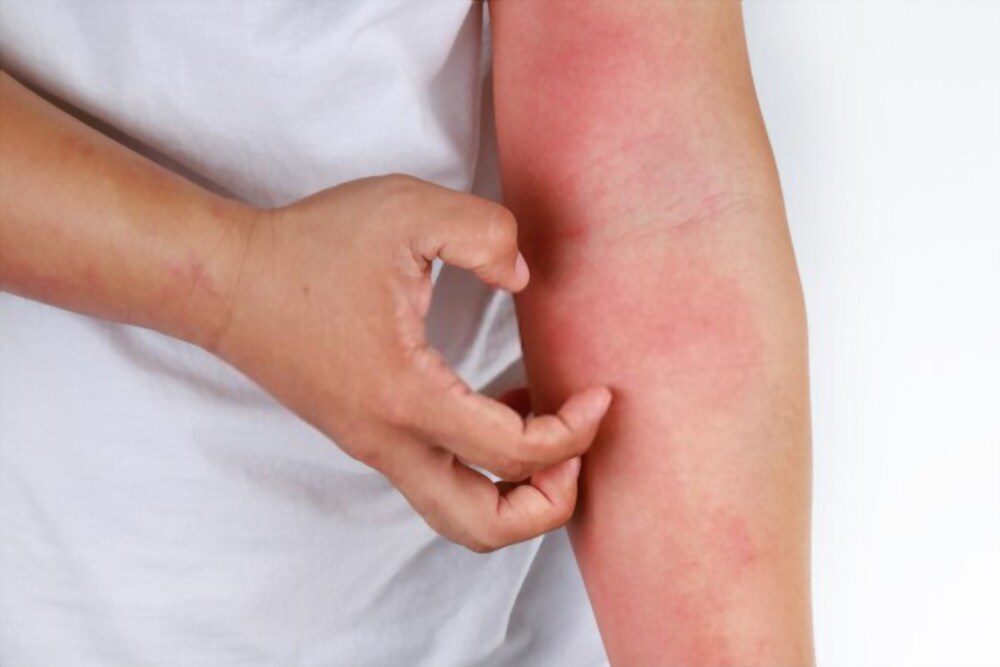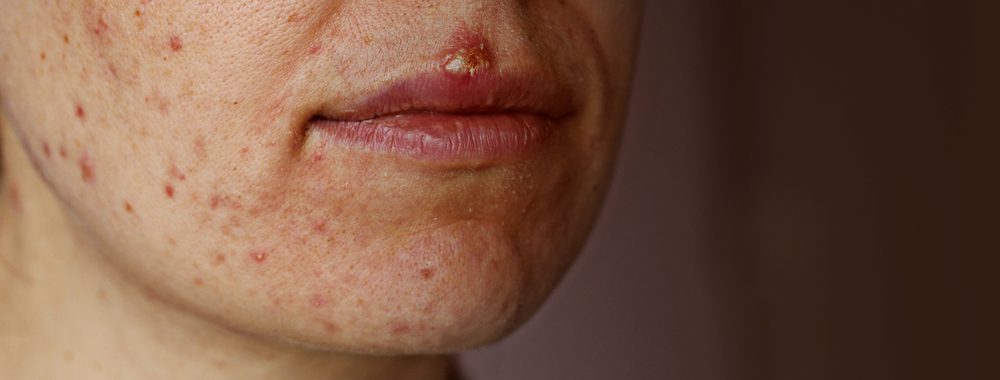What is Tea Allergy?
Tea Allergy is not common, while not unheard of. However, it may cause an allergic reaction in most people. Usually, people face allergies or intolerance to tea.
Whether it is hot or cold, caffeinated, or flavourer, nothing is quiet than a cup of tea- if you are not allergic to it. Tea is one of the most widely consumed beverages in the world, which has been known to people for several millennia. Tea Allergy is not common. It is a bad reaction of body immune system.
According to the (FAO) Food and Agriculture Organization of the United Nation. Tea is one of the most widely consumed beverages in the world, which has been known to people for several millennia.
People begin their morning with this tasty beverage or gather in the evening for a cup of tea to get pleasure from a friendly conversation. Those who frequently consume such a drink are usually surprised if it can begin an allergic reaction.
In this article, we will go over Tea Allergy. We’ll also talk over several ingredients of tea that may arise allergic reactions.
Tea Allergy Symptoms
Tea allergy produces an immune response, like other Allergies. This happens when your body mistakenly considers a substance dangerous and tries to put it down by producing antibodies. These antibodies cause specific symptoms to occur when triggered.
It is a bad reaction to the body’s immune system. Tea allergy is a food allergy. Most people are allergic to black tea. Some people are so sensitive to tea that they show allergic reactions after taking a small amount of tea and they go into “Anaphylactic Shock”.
Anaphylactic Shock is a shock that happened by “Anaphylaxis”. In this situation, a person’s throat completely swells up and he cannot breathe. This is a very rare situation. However, it does happen to you to go to the hospital immediately or got medical advice.
If you have an allergy to tea, your symptoms include:
- Tingling or itching in the mouth
- Hives
- Diarrhea, hay fever
- Excessive tearing
- Rash
- Dermatitis
- Dizziness and cough
- Swelling of lips, throat, tongue, or face
These symptoms most often do not show immediately after taking a cup of tea, but, after a certain time, for instance, two to three days.
If you have a Tea Allergy, you may experience swelling of your lips, throat, as well as, your body. Your eyes become red, sore, itching, and watery. You may experience sneezing and running nose, which can last for a couple of days.
Sneezing can last for a period of time. You may feel a headache that might be in the front or back of your head.


Causes of Tea Allergy
Allergies can be caused by food products. Some people are allergic to energy drinks. In this sense tea is no exception. But, these types of cases are very rare.
Tea usually refers to beverages. It is made from the Tea Leave, leaves of the Camellia Sinuses plant, which include oolong tea, black tea, green tea, herbal tea, and white tea. If you are allergic to tea, it can be from any component in the tea.
The protein in the tea can produce an allergic reaction in a person. The doctor calls this protein an individual allergic component. Also, the reason behind an allergic reaction is fungi, which are in the product that are revealing moisture changes.
Another cause of an allergic reaction is herbs which are the natural compounds of such a drink. They consist of various elements that affect the human body’s state. It is proved by scientific studies that an allergic reaction can occur under the influence of dyes that make up the tea drink.
Commonly Black Tea can cause allergies. The fact is that, the high strength of the drink, and therefore, the concentration of protein. Besides, this drink contains more caffeine than other teas. The causes of allergy are not a drink, but additional ingredients added to it.
There is a possibility that the ingredients added to tea may be because of an allergic reaction. For Example Milk, one of the most common food allergens and is often added to tea.


Medical advice diagnosis or treatment
The simplest way to stop the irritation and getting sick is to avoid the food that causes a hypersensitive reaction if you are allergic to tea. Contact your doctor, if you think you have tea allergy symptoms. Your doctor will perform an allergy test or he will select a method for treating the reaction to the tea.
You can continue to drink tea, by changing the type of drink consumed. If it does not show any allergic reaction or allergy to the individual components of tea. The use of an antihistamine agent is the method in any case to clear the tea allergy symptoms. The doctor may also advise glucocorticosteroid.
If the patient has symptoms of tea allergy. The Allergist has confirmed the existence of an allergic reaction. Then he suggests remedies for these diseases.
For example, Opatanol and Nazivin for running nose and conjunctivitis. In the case of itching, Bepanten will prescribe for treating the skin.







